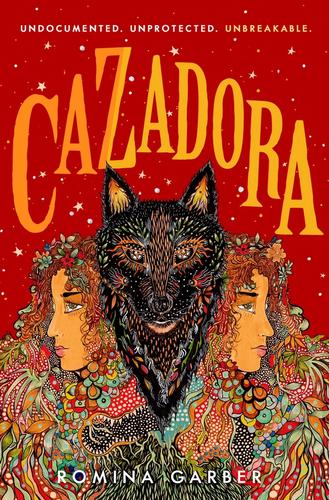Cazadora by Romina Garber
Magical Realism | Fantasy | YA
If you enjoy magical realism, you will love Romina Garber’s newest book in the Wolves of No World series. Netgalley gifted me a free e-ARC of the sequel, Cazadora, and I was so excited to jump in and finish the series! In the follow-up to Lobizona, Romina Garber continues to weave Argentine folklore and real-world issues into a haunting, fantastical, and romantic story that will reunite readers with Manu and her friends as they continue to fight for a better future.
“That’s why every new generation makes improvements.”
First of all, I love that this book was filled with Spanish aphorisms and phrases, and includes vocabulary in-context to help teach Spanish to non-speakers. As someone who is constantly trying to improve my Spanish, this is something I really appreciate seeing in new books. Garber does it well, allowing the reader to infer meaning from context clues without needing to use a translator. However, I can also really appreciate having the translation dictionary available if I do need it, conveniently built into my e-reader. It saves a lot of time not having to click out of the book, and as a visual learner I enjoy seeing side-by-side translations because it really helps me to understand spelling and pronunciation.
Continue reading “Cazadora by Romina Garber”




